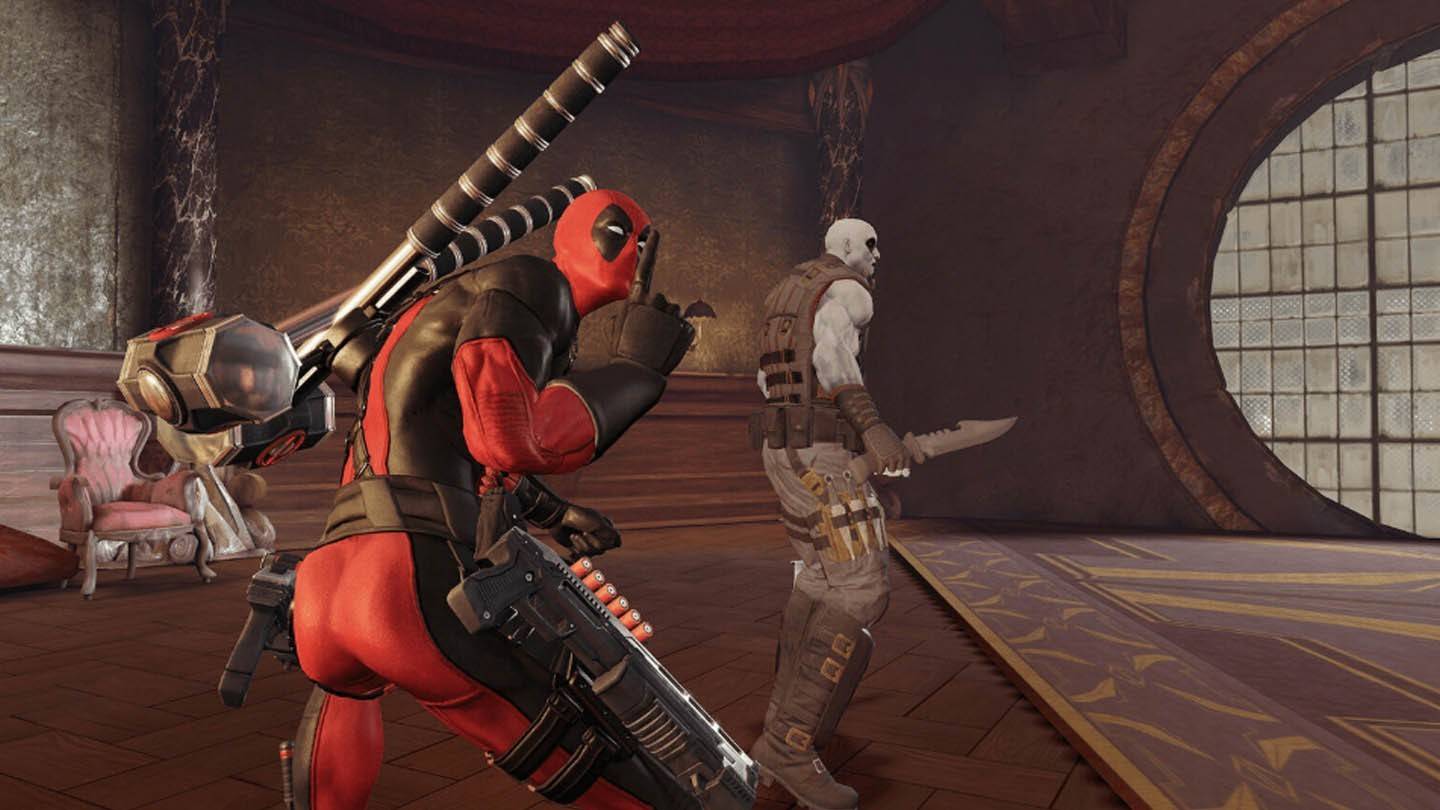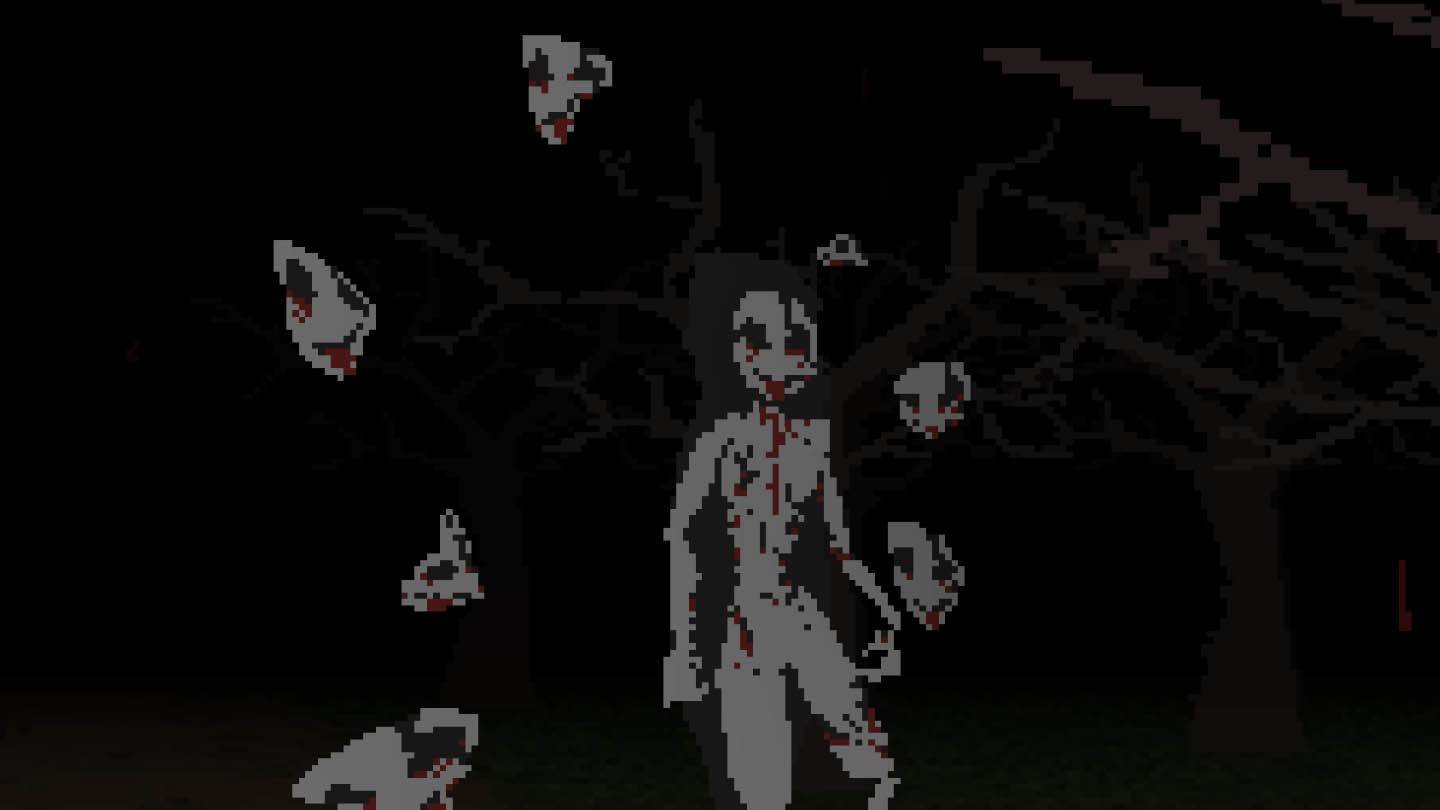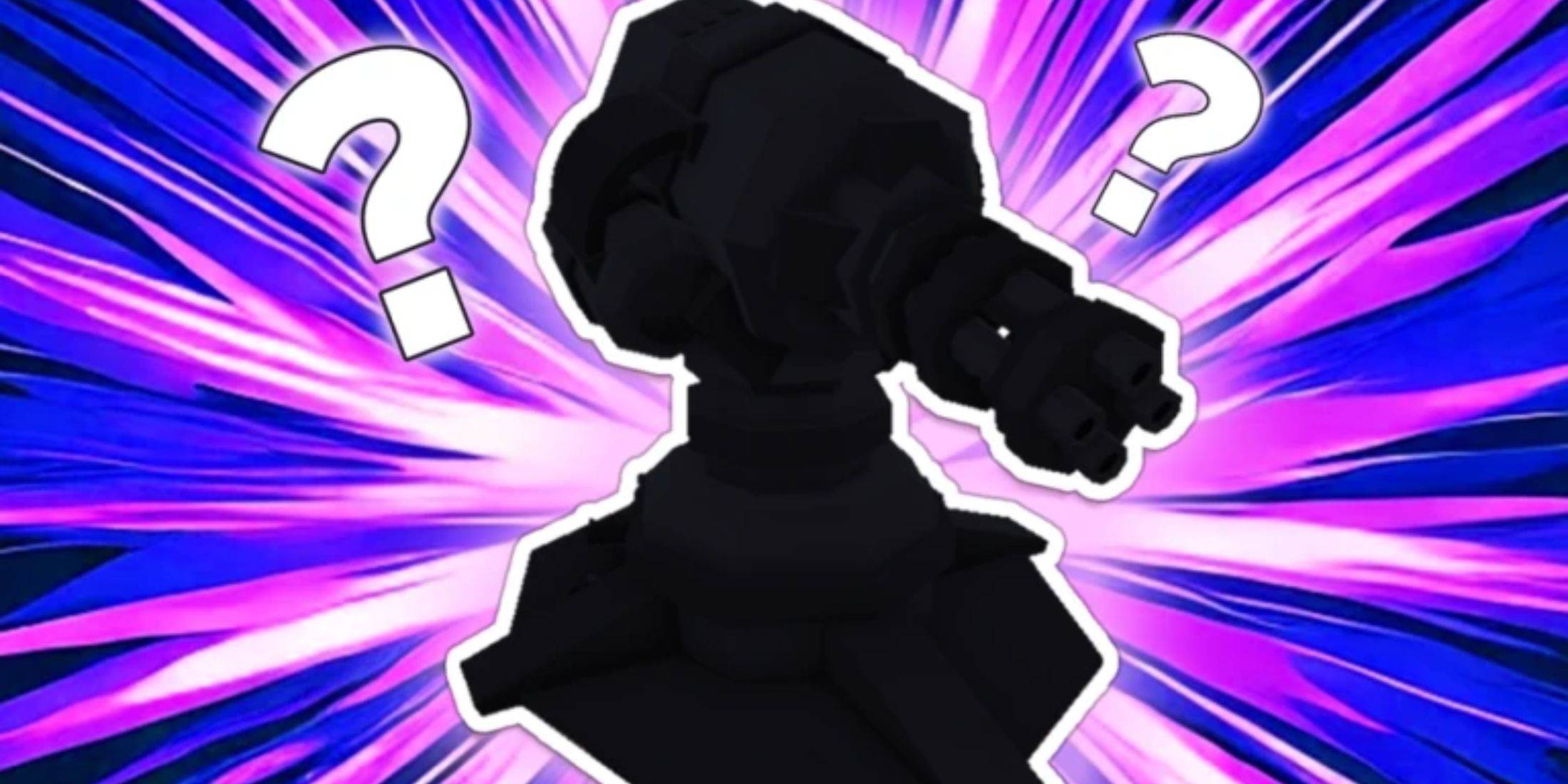As the gaming industry continues to evolve, particularly within the horror genre, developers and players alike ponder how to craft tension and fear effectively. Year after year, familiar mechanics grow predictable, leaving the overall impact of a game heavily reliant on its design, narrative, and storyline. Rarely does something truly exceptional emerge, but when it does, it leaves a lasting impression. Today, I wish to delve into such standout titles.
Instead of coining a new term, let us adopt the widely recognized "meta-horror" to define this genre or subgenre of horror games. The hallmark of meta-horror lies in breaking the fourth wall—wherein the game engages not only with its characters and world but directly with the player. Coupled with its diverse applications, this technique elevates a game into a true masterpiece. If you've ever played or watched walkthroughs of the games I'll reference, you likely felt a sense of curiosity and awe.
A pioneering example of breaking the fourth wall is Psycho Mantis from Metal Gear Solid. At one point, the boss instructs you to set down your controller. While this might seem unimpressive today, it was revolutionary in 1998. Hideo Kojima took it further by utilizing the DualShock controller and console capabilities. The boss manipulated the device, revealed your favorite games, and intensified the pressure on unsuspecting players.
Since then, this method has surfaced in games like Deadpool, Detroit: Become Human, and Nier Automata. However, aside from direct player interaction, there is often little else. Unless a game intends to surprise players through engagement, breaking the fourth wall remains a delightful bonus.

Image: reddit.com
Among recent releases, Miside stands out as a game labeled with "elements of meta-horror." Truthfully, the meta-horror aspect is confined primarily to player interaction, further complicated by its "game within a game" structure. Perhaps I’ll explore this feature in a future discussion, as it’s intriguing.
With the groundwork laid, let’s examine some notable meta-horror games.
Table of Content ---
Doki Doki Literature Club!

Image: reddit.com
Released in 2017, this visual novel begins as a charming romantic comedy but takes a dark turn. Interaction with the player transcends mere addressing; the game accesses your operating system username, creating files with compelling content. These elements serve as both storytelling tools and gameplay mechanics.
The literary club featuring beautiful 2D girls quickly garnered fans, conspiracy theorists, and admirers for its innovative approach. Although not entirely original, DDLC popularized this style. With almost four years since the last update, fans eagerly anticipate the next project.
OneShot

Image: reddit.com
Shifting from visual novels, let’s explore this RPG Maker adventure that pushes boundaries further. Despite not being marketed as a horror game, it contains unsettling moments. In OneShot, you guide your character to save the world, but the game knows about you.
It communicates directly through system windows, generates helpful files, and alters its title—all integral to the puzzle-solving process. Unlike DDLC, OneShot fully embraces these capabilities, offering an engaging experience. For many, including myself, this was their first encounter with the genre, leaving a lasting impression. I recommend experiencing it firsthand rather than reading about it.
IMSCARED

Image: reddit.com
Finally, we arrive at the pinnacle of meta-horror. When planning this article, IMSCARED immediately came to mind, making everything else an introduction.
Some view these games as viruses, which isn’t entirely unwarranted. They access system data, delete or create files, but reputable meta-horror games aren’t dangerous. Beware of malicious programs disguised as games, though they’re rare.

Image: reddit.com
IMSCARED assures you it’s not harmful upon launch. The developer explains potential antivirus flags, alleviating concerns. However, what follows is extraordinary. IMSCARED doesn’t consider itself a game but a self-aware entity, a virus interacting with you rather than the other way around. This concept drives the entire gameplay. It manipulates you by crashing, minimizing windows, controlling your cursor, and creating necessary or disruptive files.
Released in 2012, it has seen several updates, remaining fresh even in 2025. Expect frustration from frequent crashes and minimizations, but the experience is worth it. For me, IMSCARED epitomizes meta-horror, terrifying not just through visuals but by interacting with your system.
Conclusion
While numerous games employ similar techniques, few master them like those discussed. Meta-horror offers unique sensations, and I highly recommend trying at least one. If visual novels aren’t your thing, try OneShot or IMSCARED. For fans of randomness and survival, Voices of the Void provides another exciting option.









